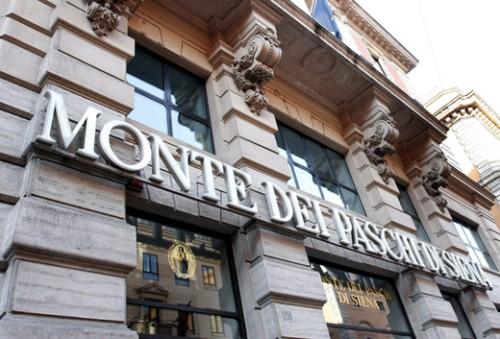As Italians get ready to vote at the general election on the 24th and 25th of February, they do so in a country rocked by a recent series of scandals, by many compared to the Tangentopoli (Bribesville) corruption scandals of the 1990s.
The biggest scandals involve Italy’s aerospace and industrial group Finmeccanica, Italian energy company Eni and Italy’s third largest bank – and the world’s oldest – Banca Monte dei Paschi di Siena which are all facing judicial probes into alleged crimes that range from accounting fraud to bribery.
Italian police arrested Finmeccanica’s chief executive officer, Giuseppe Orsi. The investigation is focused on whether company executives violated bribery and corruption laws in seeking the €560 million, or $753 million, helicopter deal with the Indian military. Part-owned by the state, Finmeccanica is Italy’s biggest defence contractor and the second-largest industrial group, after Fiat.
Prime Minister Mario Monti said that the government, which owns 30 percent of the company, was prepared to do whatever was necessary to clean up the company.
The police also arrested the former head of Monte dei Paschi’s finance department, Gianluca Baldassarri, in relation to inquiry over alleged fraud and bribery. The bank has admitted using secret derivatives deals to mask hundreds of millions of euros in losses. Police are investigating losses on trades of financial derivatives and allegations of corruption regarding the bank’s takeover of Italian banking group Antonveneta in 2007.
It was also announced that Eni’s chief executive officer, Paolo Scaroni, was being formally placed under investigation regarding an allegation that Eni’s oil-services subsidiary Saipem paid €197 million in bribes to Algerian political figures win an US$11 billion contract in Algeria. Eni is the country’s biggest oil company.
The shares of all three companies have suffered losses and Italy’s major stock market, the Milan bourse, was on a downward slide last week.
Some commentators say the spate of scandals suggests that prosecutors are taking advantage of the current political vacuum before the election to move on cases to influence the vote, others claim this is untrue and the scandals will only alienate people and persuade them not to vote.
No one knows whether the various corporate investigations will have any effect on voters. Considering that par condicio electoral law prohibits the releasing of polls two weeks before the vote, it is hard to have a clear picture about the impact of these scandals on voters. Surely, scandals are creating a big political stir, with politicians blaming each other for the scandals.
The slew of arrests has highlighted the way many Italian companies do business, with observers pointing out that corporate governance and the Italian banking system are in need of reform to stem corruption.









